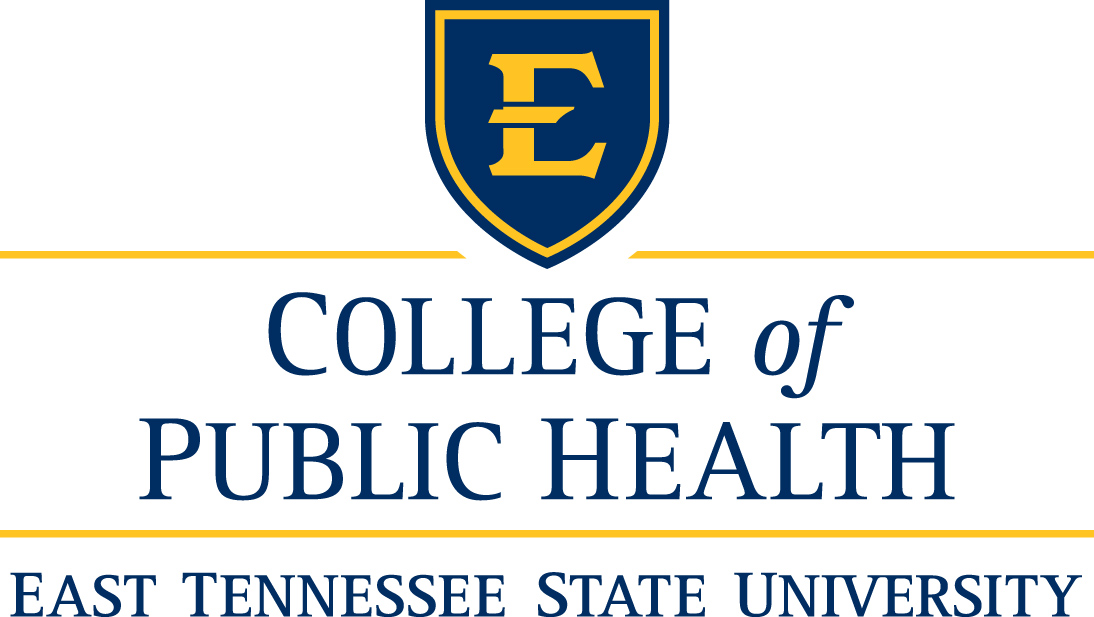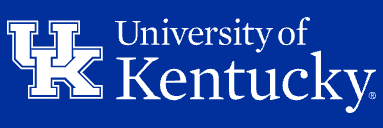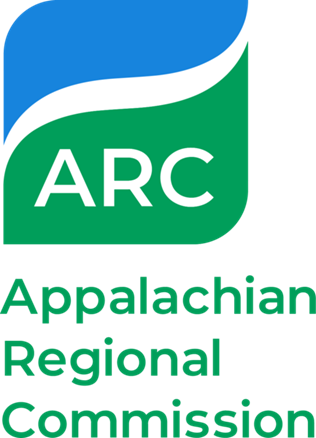Abstract
Introduction: Triple negative breast cancer is an aggressive breast cancer with decreased five-year survival, increased risk for recurrence, and higher risk for metastases. Unlike other breast cancers, it has no targeted treatment and has heterogeneous genetics which make classification and treatment difficult.
Purpose: The purpose of our research was to compare triple negative breast cancer to non-triple negative breast cancer to identify key epidemiologic factors that might lead to improved basic science directives for biomarkers, treatments, and classification.
Methods: The state cancer registry was used to provide the first West Virginia state-wide population evaluation of triple negative breast cancer.
Results: The research reveals novel results that tumor grade increases exponentially with the age at diagnosis.
Implications: This creates an epidemiologic foundation for future research to define whether the disease, access to care, biology of aging, or some other factor cause this significant finding. In addition, results reveal decreased use of testing that could be increased to improve biomarker identification, targeted treatments, and classification of triple negative breast cancer.
DOI
https://doi.org/10.13023/jah.0303.08
Creative Commons License

This work is licensed under a Creative Commons Attribution 4.0 License.
Recommended Citation
Sizemore G, Rudisill TM. Triple Negative Breast Cancer in an Appalachian Region: Exponential Tumor Grade Increase with Age of Diagnosis. J Appalach Health 2021;3(3):97–109. DOI: https://doi.org/10.13023/jah.0303.08
Included in
Appalachian Studies Commons, Clinical Epidemiology Commons, Diagnosis Commons, Epidemiology Commons, Genetic Phenomena Commons, Inequality and Stratification Commons, Investigative Techniques Commons, Regional Economics Commons, Regional Sociology Commons, Rural Sociology Commons





Social Media Links